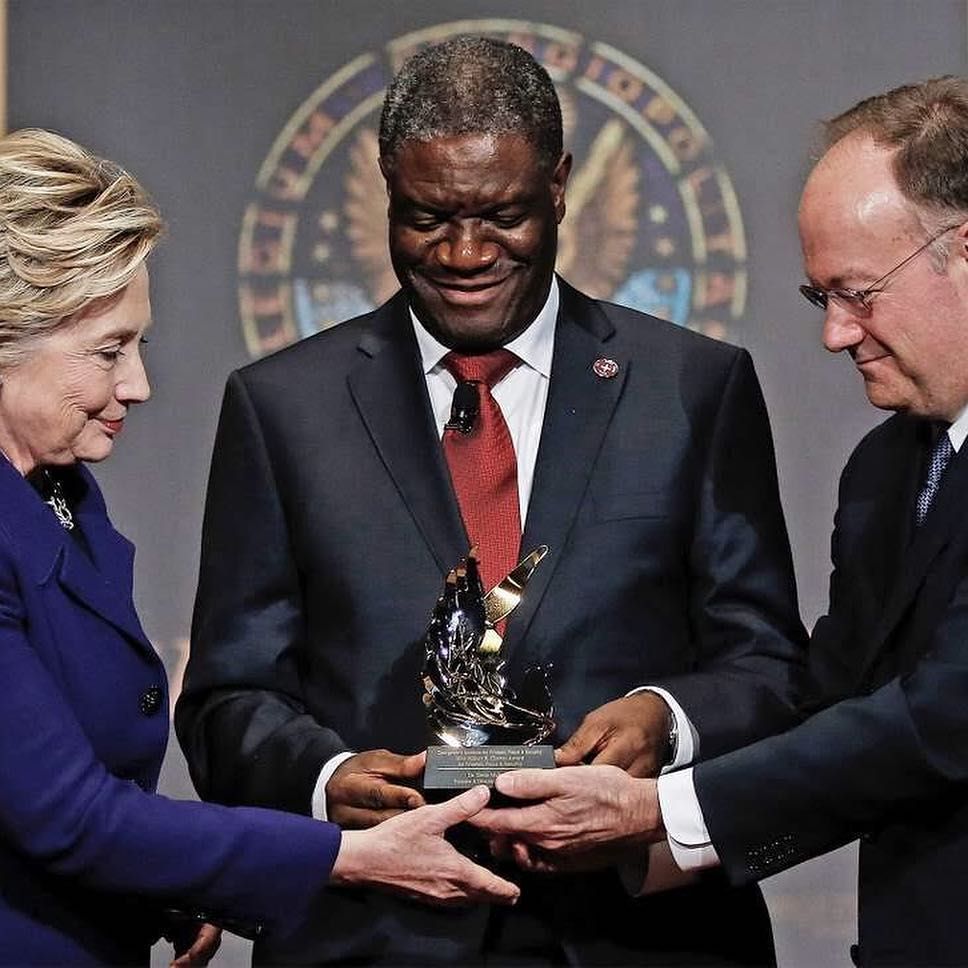Learn about Dr. Denis Mukwege, Nobel Peace Prize winner and courageous doctor healing survivors of sexual violence in Congo. Discover his inspiring mission, challenges, and impact.

Dr. Denis Mukwege: The Hero Healing Women Survivors of Sexual Violence in War
When we think of true heroes, names like Dr. Denis Mukwege stand out—someone who not only saves lives but also fights against one of the most brutal crimes in human history: sexual violence as a weapon of war. In the heart of the Democratic Republic of Congo, where conflict has torn communities apart, Dr. Mukwege has dedicated his life to healing shattered bodies and spirits. This is the story of courage, compassion, and relentless hope.
Early Life and What Inspired His Mission
Born in 1955 in Bukavu, a city in the eastern Congo, Dr. Denis Mukwege grew up witnessing the hardships faced by his people. Coming from a family of pastors, he was deeply influenced by the values of compassion and service. He pursued medicine, specializing in gynecology and obstetrics, driven by a desire to help women—often the silent victims of war.
His resolve became clear when war broke out in the 1990s, and he saw firsthand the devastating impact of sexual violence on women. Unlike many doctors who focus solely on healing physical wounds, Mukwege understood the deep scars left on survivors’ minds and lives. This empathy became the foundation of his life’s work.
The Birth of Panzi Hospital: More Than Just a Hospital
In 1999, Dr. Mukwege founded the Panzi Hospital in Bukavu. What started as a small facility has grown into a world-renowned center of healing and hope. The hospital specializes in repairing complex injuries caused by sexual violence. But Panzi is much more than surgery rooms and medical wards—it’s a sanctuary.
Women arrive broken by trauma, fear, and social stigma. At Panzi, they receive comprehensive care: surgeries to repair their bodies, psychological counseling to mend their minds, legal aid to fight for justice, and social programs to rebuild their lives. Dr. Mukwege calls this approach “holistic healing,” because to truly heal, you must treat the whole person, not just the injury.
Fighting Sexual Violence: A War Within a War
Sexual violence in Congo is often called a “weapon of war,” used deliberately to terrorize and destabilize communities. Dr. Mukwege’s work shines a harsh light on this cruel tactic. He has spoken out tirelessly against armed groups, governments, and international bodies, demanding justice and protection for women.
His activism hasn’t come without danger. In 2012, he survived an assassination attempt, a testament to the risks he faces by speaking out. Yet, his courage has only strengthened his resolve.
In 2018, the world recognized his heroic efforts by awarding him the Nobel Peace Prize, shared with Nadia Murad, a survivor who became a global advocate against sexual slavery. The Nobel Committee praised their “courageous efforts to end the use of sexual violence as a weapon of war.”
Current Challenges: A Fight That Continues
Despite the international spotlight and growing support, the situation in eastern Congo remains fragile. Armed conflicts persist, and sadly, sexual violence continues as a tragic reality for many women and girls.
Funding and resources at Panzi Hospital often struggle to meet the overwhelming demand. Social stigma still silences many survivors. The global community must remain engaged to support Mukwege’s mission.
Dr. Mukwege frequently travels the world, urging governments and organizations to prioritize peace and protect vulnerable populations. His calls for stronger international action resonate deeply, but much remains to be done.
How You Can Help and Learn More
Dr. Mukwege’s mission reminds us that ending sexual violence in war requires a united effort—from governments, NGOs, and individuals.
- Support humanitarian groups working in conflict zones.
- Raise awareness by sharing stories like Dr. Mukwege’s.
- Advocate for policies protecting women and survivors of violence.
To understand the broader global context of health and humanitarian aid, you can read about the challenges facing the World Health Organization in A New Chapter for WHO: Surviving Without US Funds. For more on political boycotts affecting humanitarian efforts, check out India’s Boycott: What You Need to Know.
You can also explore international news and advocacy at America 112.
Dr. Denis Mukwege’s Lasting Legacy
Dr. Mukwege shows us that true healing goes beyond medicine—it is about restoring dignity, hope, and justice. His work is a beacon in a dark world, reminding us that even in the worst circumstances, humanity and compassion can triumph.
By sharing his story and supporting his mission, we honor the strength of survivors and the tireless work of those who fight for peace.

